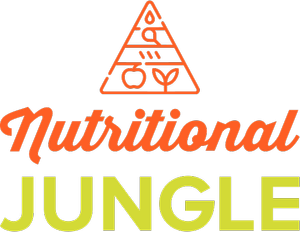Child nutrition is the branch of nutrition that is concerned with the adequate provision of food and nutrients for children from infancy through puberty. This article provides information about what factors are important in a child’s growth and development, how children respond to different foods and nutrients, what happens during growth spurts, how to select suitable foods for your child, and numerous other topics related to the nutritional needs of children.
Factors are important in a child’s growth
1. Human milk
Human milk contains all the nutrients that a child needs during the first 4 to 6 months of life. Human milk offers protection against infections, prevents allergies in the long term and is easy for a child to digest. In addition, breastfeeding is an important way of building a bond between mother and child.
2. Water
Water is very important for children because it transports nutrients to cells and carries waste products away from them. Water also produces saliva, regulates body temperature, protects tissues from injury and cushions joints.

3. Carbohydrates
Carbohydrates are the main source of energy for the body, and they provide a great deal of energy to the brain. Carbohydrates are mostly found in human milk and some other foods. Children generally develop good control over their appetite and require fewer calories than adults because they need energy to grow. Carbohydrate-rich foods should be high in complex carbohydrates, low in fat and low in simple sugars. They may also contain protein or fibre (found in cereal products and other foods) for additional nutrients.
4. Fats
Fats are important for energy and growth. The basic fatty acids are essential for the body, but excess amounts of fat can interfere with the body’s ability to use other nutrients. Organic acids, containing long-chain polyunsaturated fatty acids (PUFA), are essential for growth and development. The brain develops optimally when there is a sufficient supply of PUFA. If a child consumes a diet that lacks good sources of PUFA, they may suffer from developmental problems because they do not have enough of these important lipids to develop correctly.



